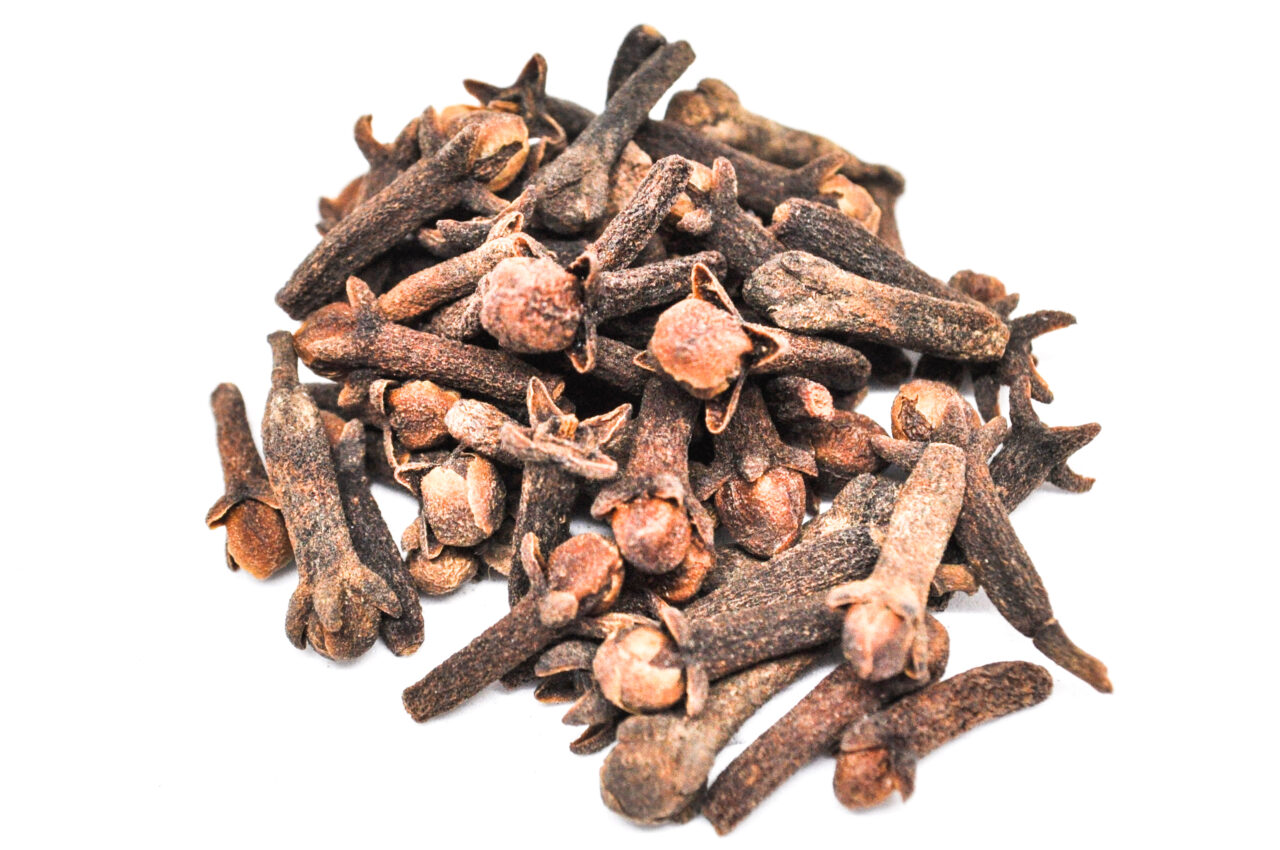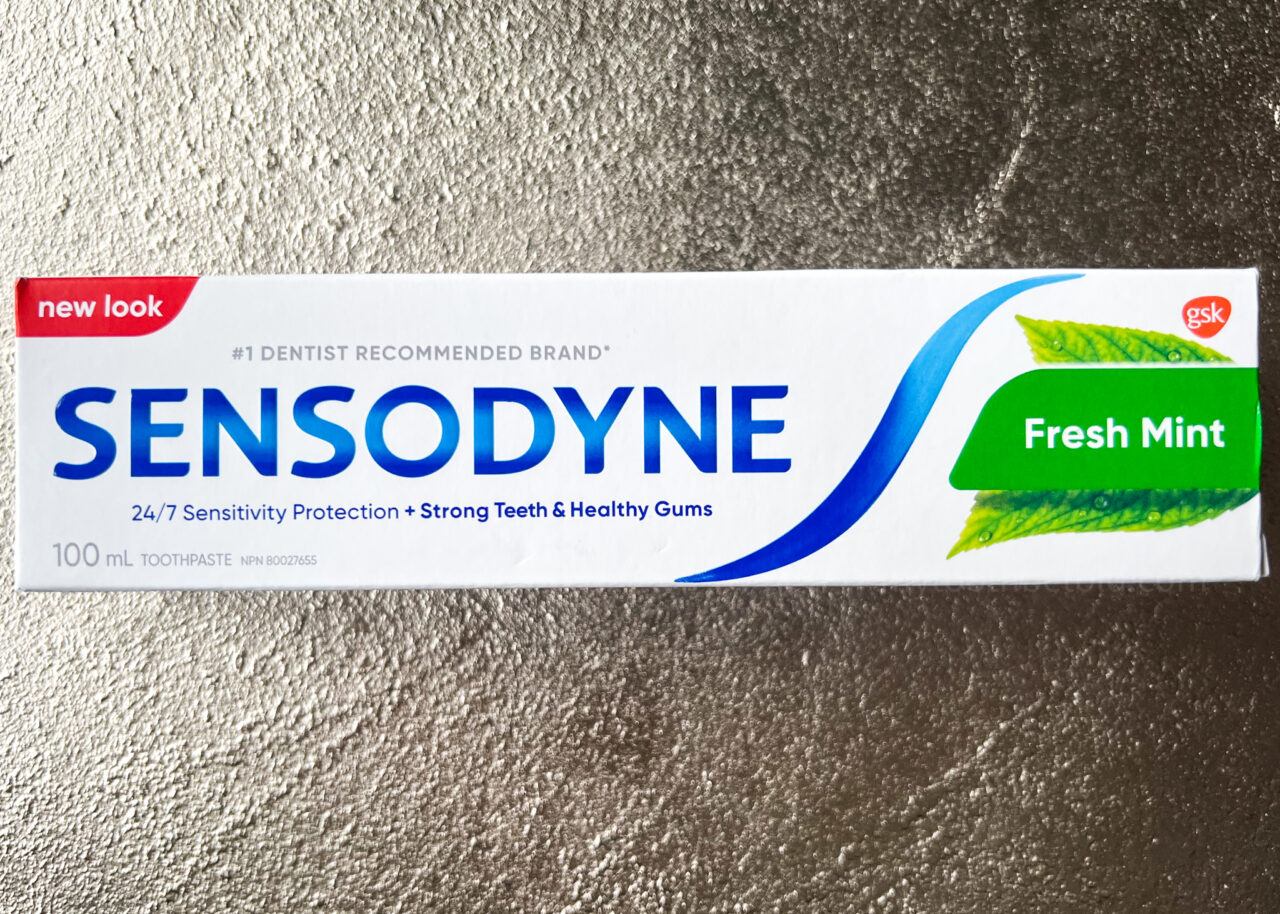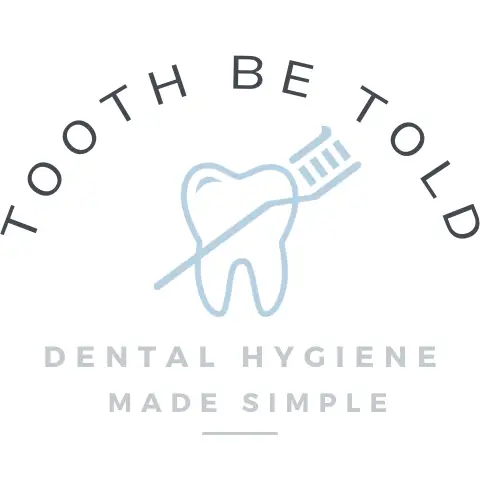
Clove oil has been used in dentistry for many years in the form of medical-grade eugenol. It is used in tooth extraction procedures to help reduce inflammation and pain and has antibacterial properties. As a dental hygienist, I need to be accurately informed of over-the-counter remedies suggested to people to help with tooth sensitivity, such as does clove oil help with sensitive teeth.
Clove oil does not help with sensitive teeth caused by dentin hypersensitivity, as no scientific evidence supports its use. The active ingredient in clove oil, eugenol, is used only for inflammatory causes of tooth pain, such as after a tooth extraction, and not for dentin hypersensitivity.
In this post, I cover why clove oil does not desensitize the tooth and how using it can cause adverse side effects, especially in individuals with specific medical conditions.
Why clove oil will not work to desensitize teeth with dentin hypersensitivity
Clove oil is often used as a home remedy for tooth pain because it has natural pain-relieving and anti-inflammatory properties. However, it is ineffective in treating dentin hypersensitivity, a condition characterized by pain or discomfort in the teeth when exposed to certain stimuli, such as hot or cold temperatures, sweet or acidic foods, or pressure.
Often dentin hypersensitivity is confused with other causes of tooth sensitivity. It is essential to understand the differences.
Dentin hypersensitivity is caused by dentin exposure, the inner layer of the tooth, which contains tiny tubes that lead to the pulp (the innermost part of the tooth that contains nerves and blood vessels). When the dentin is exposed, the stimuli can stimulate the nerves in the pulp, leading to pain.

To treat dentin hypersensitivity, a dental professional will typically recommend using toothpaste or mouthwash that contains a desensitizing agent, such as potassium nitrate or strontium chloride. These agents block the movement of fluids through the dentin, reducing the tooth’s sensitivity.
But different sensitivity toothpastes work by various means. Some work by desensitizing the nerve of the tooth so it cannot fire the pain signal to the brain. Others work like a band-aid, covering up the tooth’s surface, providing a layer on the tooth that protects the nerve from being stimulated, thus preventing sensitivity. Although sometimes, one sensitive toothpaste will not work, while another does.
I wrote a post linked below that covers which sensitivity toothpaste will work the best for you and how they work.
Read Now: What Sensitivity Toothpaste Works Best? Hygienist Compares
Again, clove oil does not address the root cause of tooth sensitivity. Tooth sensitivity is typically caused by exposed dentin, which can be caused by various factors such as tooth decay, gum disease, or physical trauma to the tooth. Clove oil may temporarily relieve tooth pain related to inflammation, not dentin exposure or dentin hypersensitivity.
Using clove oil can reduce blood sugar and thin the blood
There is evidence that it can do more harm than good if a patient is allergic or has an intolerance to the ingredient. Or if you have diabetes, clove oil may contribute to lowering blood sugar; if you are already taking medications, it can cause the blood sugar to drop too low.
Also, if you are taking an anticoagulant (blood thinner), clove oil can thin the blood, adding to the effects of blood thinner.
This is why you should always talk with your dentist or dental hygienist because we take a thorough medical history and all your current medications so we can advise on any negative correlations between supplements and medications.
I always ask my patients for their supplements on top of medications, and even diet questions. Did you know that garlic is a blood thinner? So if people eat a lot of garlic, we may see an increase on bleeding time during a dental procedure!
Clove oil applied directly to the soft tissue can cause irritation
Clove oil applied directly to the gums and tissues can irritate and damage the gum tissue and should only be used by a dental professional in particular circumstances.
The products that are used in dentistry have been specifically formulated for the mouth, so please do not buy clove oil to put in your mouth. The use of clove oil has the chance of being more of a hindrance than helpful.
But this is for dental infection, NOT sensitive teeth due to dentin hypersensitivity. Again, clove oil will have no effect on dentin hypersensitivity.
Clove oil can cause irritation. While clove oil may have anti-inflammatory properties, it can also irritate the skin and mucous membranes. When applied to the teeth and gums, clove oil may irritate and cause pain in the soft tissue. Source
In high doses, however, eugenol appears to be a direct cytotoxin and several instances of severe acute liver and kidney injury have been reported after accidental overdose of eugenol containing herbal products, largely in children.
https://www.ncbi.nlm.nih.gov/books/NBK551727/#:~:text=Hepatotoxicity,or%20clinically%20apparent%20liver%20injury.
Clove oil may not be safe for long-term use. Clove oil can be toxic when ingested in large amounts, and prolonged use of clove oil can lead to liver damage.

Limited scientific evidence to support the use of clove oil for tooth sensitivity.
There is limited scientific evidence to support the use of clove oil for tooth sensitivity. While clove oil has been used for centuries as a natural pain reliever, there is limited scientific evidence to support its use for tooth sensitivity. Most studies on the use of clove oil for dental pain have been conducted in animals or small groups of people and more research is needed to determine its effectiveness in humans.
A lot of tooth sensitivity is caused by receding gums leading to root exposure that can increase tooth sensitivity.
I hope this information has helped you, and remember to talk with your dental professional if you are experiencing tooth pain or sensitivity.
Holly 🙂
